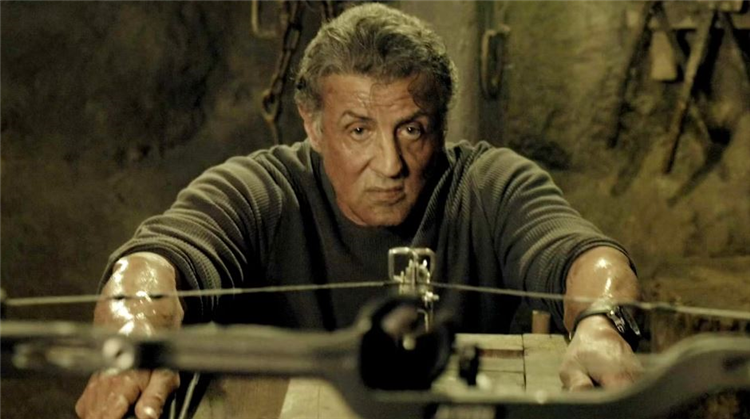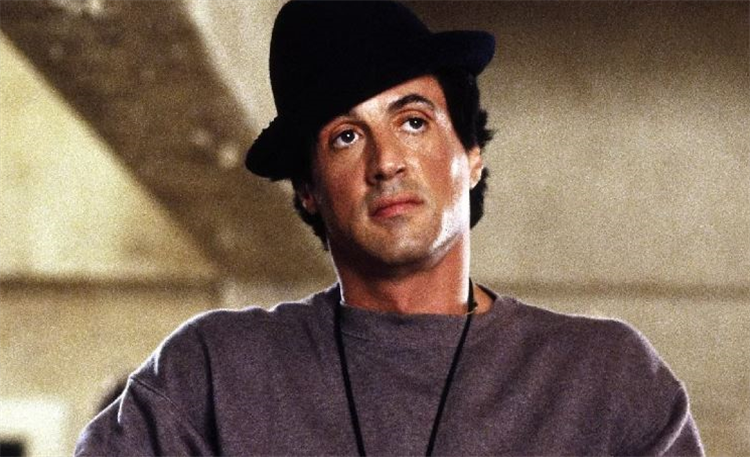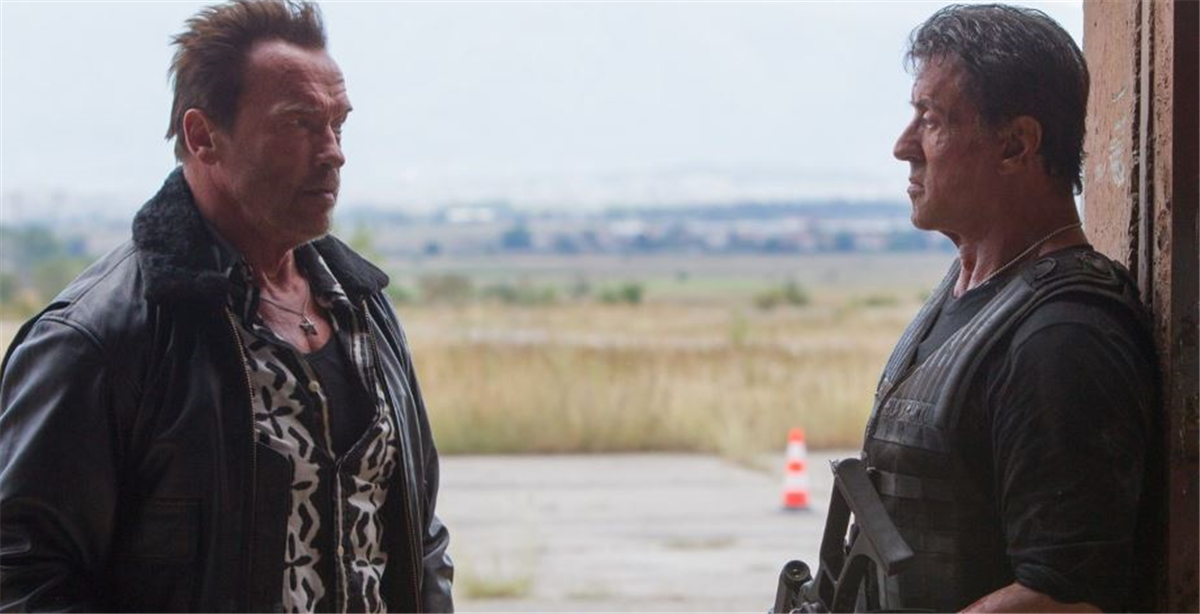Despite their success at the box office, all three of Sylvester Stallone’s blockbuster franchises — Rocky, Rambo, and The Expendables — encountered the same problem a few sequels down the line. After struggling to find work as an actor for years, Stallone made his own luck by writing the first Rocky movie as a starring vehicle for himself. Not only did Rocky launch Stallone’s movie career; it made him an A-list star. He became the third person after Charlie Chaplin and Orson Welles to be Oscar-nominated for writing and starring in the same movie.
Whereas many movie stars today rely on familiar I.P. like Star Wars or Marvel superheroes to give them a reliable series, Sylvester Stallone generated his own franchises. He’s arguably a one-man franchise in and of himself and that brand has been spun off into a few sub-IPs. After Rocky became popular enough to score decades’ worth of sequels, Stallone kickstarted the Rambo and Expendables franchises as a backup. All these franchises have been dependable hit factories for Stallone over the years, but they all eventually ran into the same problem after a couple of movies.
Rocky, Rambo, & The Expendables All Got Way Too Silly As The Movies Went On
They All Started As Grounded, Earnest Movies And Eventually Got Too Goofy

The Rocky, Rambo, and Expendables franchises all went through virtually the same process. They started with a grounded, earnest original movie that subverted the genre’s tropes, which was then followed by a much bigger sequel. From the third movie onward, they all devolved into a string of cartoonish sequels where Stallone and everyone around him were unstoppable superheroes. Rocky started as the story of an underdog boxer who accepts a championship match he has no chance of winning and just wants to put up a good fight and prove he’s worthy of being in that ring.
First Blood started Rambo’s story with a grounded critique of the unfair treatment of returning Vietnam War veterans. It sees Rambo taking the corrupt police force of a small town (and later the National Guard) on a manhunt through the woods. The first Expendables film, by its very nature, was a little broader and more self-aware about its upending of action movie tropes — that was the premise. But its action was gritty and somewhat realistic, and it wore its heart on its sleeve as the tale of a ragtag group of aging mercenaries with a ride-or-die bond.
That all changed with the sequels. The Rocky sequels pitted Rocky against increasingly outlandish villains and featured ludicrous concepts like a birthday robot and Rocky winning over a Soviet crowd with a rousing, jingoistic, pro-American speech. The Rambo sequels sent the character back to Vietnam and turned him into a remorseless killing machine. The Expendables sequels essentially became Avengers movies without the colorful costumes. These franchises all got more cartoonish as the sequels went on, and abandoned the grounded tone that made them so popular in the first place.
Rocky & Rambo Becoming More Cartoonish Doomed Stallone’s 2 Best Characters
Rocky Balboa & John Rambo Used To Be Relatable, Three-Dimensional Human Characters

In their first movies, Rocky Balboa and John Rambo were relatable, three-dimensional human characters that paved the way for two of Stallone’s finest dramatic performances. Rocky was the underdog desperate to prove himself and Rambo was the ex-soldier who resented the fact that the only thing he was good at was killing. But Rocky’s sequels turned him into Captain America in boxing gloves, and Rambo’s sequels turned him into a human weapon. In First Blood, Rambo only killed one person — and even then, it was an accident — but in the sequels that followed, Rambo racked up 254 on-screen kills.
In his book Cinema Speculation, Quentin Tarantino criticizes the later Rocky sequels for feeling more like “single-issue comic books” than real movies. He specifically pointed to Rocky III and Rocky IV, which he felt abandoned the grounded tone of the first two films to pit Rocky against “supervillains.” Notorious outlaw Clubber Lang and towering Soviet superman Ivan Drago are both more like one-note villains of the week than a well-rounded, three-dimensional opponent like Apollo Creed. Lang and Drago were motivated by nothing more than destroying Rocky. Apollo had a much more nuanced motivation; he wanted to fight the underdog as a publicity stunt.
The Rocky Franchise Was Able To Find Itself Again With Rocky Balboa & Creed
Rocky Went Back To Its Roots Eventually
After five increasingly wacky Rocky movies, Stallone finally brought the series back to the original movie’s grounded tone with 2006’s Rocky Balboa, the story of an aging Rocky trying to prove himself once again. The Rocky franchise renaissance has continued with Michael B. Jordan’s Creed series, which, three movies in, remains realistic and emotionally grounded and has avoided falling into its predecessor’s stylistic pitfalls. If Sylvester Stallone can get the Rocky franchise back to its grounded roots, maybe he can do the same with the Rambo and Expendables franchises, although their futures are uncertain.
